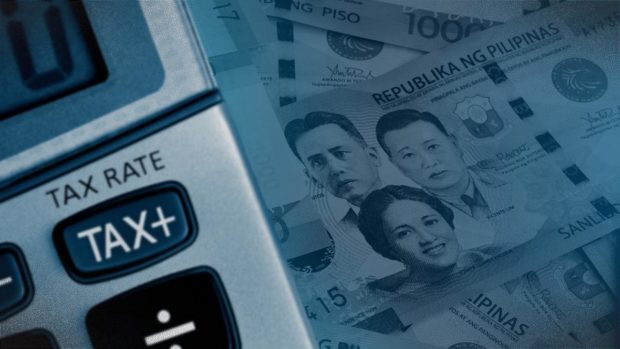PH losing out on tax collections from digital transactions, says PIDS
MANILA -The Philippines is losing out on potentially significant tax revenues from digital transactions and foreign digital service providers and funding for its programs amid the digital commerce boom, according to the Philippine Institute for Development Studies (PIDS).
In a paper published by PIDS, University of the Philippines associate law professor Emerson Bañez said the complexity of the digital economy poses a challenge for tax agencies.
“The national tax system is struggling to capture revenues from digital transactions due to the complexity of these transactions, the absence of physical presence, and the strong dependence on intangible assets,” Bañez said.
He said enterprises with a physical presence in a given jurisdiction could be easily identified, monitored and subjected to tax, but this is not the case for digital commerce.
Online businesses can divide their assets across jurisdictions and fragment their activities to shift profits from higher-tax to lower-tax and no-tax locations—a practice known as base erosion and profit shifting, the law expert said.
Tax avoidance
Bañez clarified that while this is technically legal, it is also detrimental to tax administration because businesses can avoid or pay minimal taxes.
Also, Bañez said that digital platforms such as online marketplaces and payment systems are the crucial nodes in the network of value flows.
Thus, he recommended the passage of law that mandates additional tax liabilities and requires online marketplaces and payment systems to act as withholding agents or providers of data required to determine the tax liability of related actors and transactions.
Based on the Marcos administration’s medium-term fiscal framework, the government could collect P13.7 billion in value-added tax on digital service providers in 2024 if a law that imposes this levy were passed and collections were at least 70 percent efficient.
Also, VAT collections on digital service producers could increase to P14.9 billion in 2025, P16 billion in 2026, P17 billion in 2027 and P18.2 billion in 2028.
Bañez noted that legislative efforts for the digital market are already underway, including the proposed digital services tax and other circulars related to locals participating in the digital economy.
However, there is no current law that covers platforms based abroad.
Hence, Bañez recommends that the Philippines enter multilateral treaties as a countermeasure against the erosion of the tax base.
An example is the Organization for Economic Cooperation and Development’s Two-Pillar Solution, which proposes an attribution to the user’s home state and calculates the tax liability of online platforms.
RELATED STORIES:
Digital, traditional firms now on equal footing with online VAT

